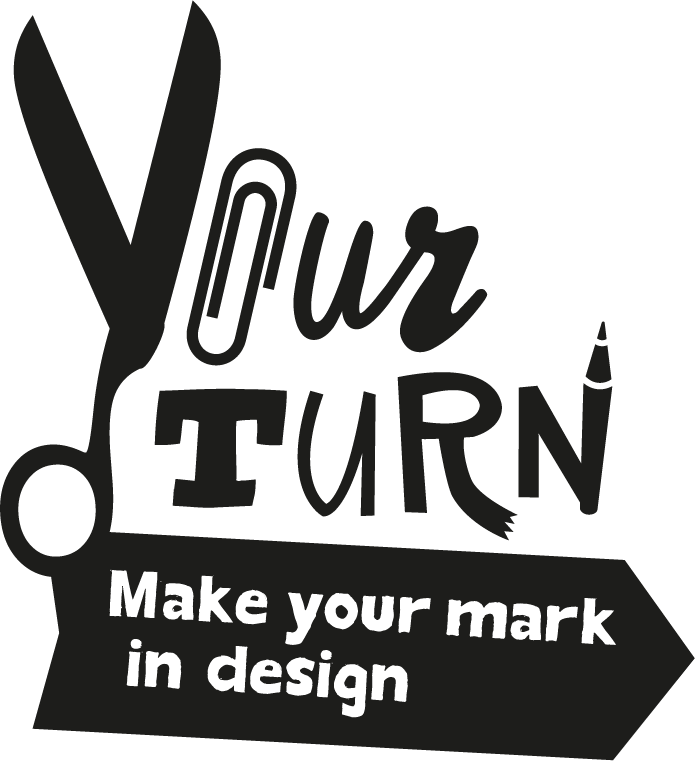
Does your design have an impact on the lives of children? Do you care enough to involve children in shaping the design so that its impact is in line with children’s concerns, values and preferences? If your answer is yes, then we recommend co-design with kids.
Do you want to impact children’s lives by involving them with your business, institution or initiative, showing them how you contribute to the world? And do you care enough to make it a dialogue, in which children can also suggest improvements to your ideas? If your answer is yes, then co-design projects can shape that dialogue.
Or do you support giving children their voice in general, and do you want to enhance their knowledge and skills to participate in society? If your answer is yes, then co-design processes can be a strong approach to developing their knowledge and skill set.
This website aims to support designers and design students in their role as facilitators in co-design with children. In short, co-design is a process where innovation is created in a dialogue between end users and (professional) creators. End users are given an active role in the whole design cycle, from defining what problems need to be solved or what opportunities are to be explored, creatively exploring the solution space, deciding which ideas are worth pursuing, detailing and testing ideas, and then releasing the outcomes to society. Children as co-design partners can make their mark on innovation; from the small-scale (the looks of a stamp) to large-scale (reducing plastic waste), in graphic design, architecture, landscaping or product design, service design and beyond.
The contents of this website are based upon research. They originate from cases in schools, with a focus on learning outcomes for kids and design outcomes for clients. The general approach and many working techniques are well suited for application in design practice and design education. The pages of this website provide:
- a general approach that mutually benefits children and designers;
- tools, techniques and worksheets for doing co-design with kids;
- backgrounds and references for further reading.
You are welcome to share the content of this website, with proper reference. All materials are published under CC -BY-NC-SA 4.0 (Creative Commons-Attribution-NonCommercial-ShareAlike 4.0 International) licence. Dutch language materials for primary school teachers, including full lesson plans, are published by Wetenschapsknooppunt TU Delft.
